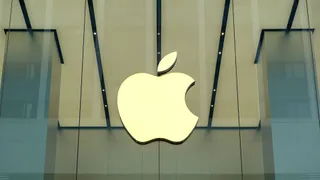
General Court rejects GSK purple trademark attempt
GlaxoSmithKline (GSK) can’t register a shade of purple as a trademark covering asthma inhalers, the EU General Court has ruled.
Already registered?
Login to your account
If you don't have a login or your access has expired, you will need to purchase a subscription to gain access to this article, including all our online content.
For more information on individual annual subscriptions for full paid access and corporate subscription options please contact us.
To request a FREE 2-week trial subscription, please signup.
NOTE - this can take up to 48hrs to be approved.
For multi-user price options, or to check if your company has an existing subscription that we can add you to for FREE, please email Adrian Tapping at atapping@newtonmedia.co.uk
Trademarks
10 June 2021 Philip Morris International has won a trademark appeal at the EU General Court over its ‘Sienna Selection’ brand of e-cigarettes and vapes.
Trademarks
10 September 2020 International gambling brand Novomatic has failed to register ‘Primus’ as an EU trademark, after an opposition from a Belgian brewery.
Trademarks
8 July 2020 A Lithuanian company has been blocked by the EU General Court from registering its logo as an EU trademark, in a victory for French reinsurance company Scor.

